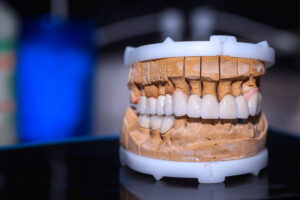Researchers have developed a new model of Alzheimer’s disease that helps explain the link between gum disease and the degenerative condition. In this model, Alzheimer’s disease develops as a byproduct of the brain fighting infection. Since gum disease is an infection that affects the entire body, this could explain why gum disease seems to speed decline in people with Alzheimer’s disease.
Those Toxins Are There for a Reason
Recently, researchers have looked at the protein amyloid beta, whose buildup in the brain causes the development of plaque (not really related to the plaque on your teeth) that impairs the ability of the brain to make new connections.
But why does the amyloid beta build up? Among the many explanations has been that lost sleep could play an important role because it is during sleep that the brain’s excretory system activates. Without enough time for removing toxins from the brain, Alzheimer’s naturally develops. This explains the link between sleep apnea and Alzheimer’s disease, but it doesn’t explain other connections, such as how gum disease is linked to Alzheimer’s.
This new theory, though, says that the brain is actually producing the amyloid beta protein and allowing it to build up as part of its attempt to combat infection. Researchers proposed this theory after looking at the response of brain cells to infection. They infected brain cells in petri dishes, then in worm brains and in mice as they developed their theory.
This could make a big difference in treatment of Alzheimer’s as it shows that we may not want to eliminate amyloid beta, although controlling it could be ideal.
Of course, we have to remember that this research is preliminary and will have to be confirmed by more work in the future. But if it holds up, it’s a revolutionary understanding of the condition.
Preventing Alzheimer’s
But where this research will likely have the biggest impact is in our approach to preventing Alzheimer’s. If it is indeed part of a response to brain infection, then the best way to prevent it is to combat infections, especially chronic infections like gum disease.
Gum disease is becoming linked more and more with diseases and conditions linked to chronic inflammation. This includes cancer and autoimmune disorders such as rheumatoid arthritis. Consider that gum disease is probably the only chronic infection suffered by nearly half of the population, and it increases steadily as we age, so that over 70% of adults age 65 and older–those most likely to develop Alzheimer’s–have gum disease. Then you’ll see that no single infection is likely to make more of a difference in the incidence and prevention of Alzheimer’s disease. And since gum disease is preventable and treatable, it’s likely that we can make a big difference now that we’re armed with this knowledge.
If you are looking to protect your oral and overall health, please call (914) 526-2144 for an appointment with a Westchester County dentist at Advanced Dentistry of Mohegan Lake.





